How to Build a Successful Partnership with Meat Processing Equipment Suppliers
For meat producers and processors, having reliable equipment is a must for maintaining efficient operations and quality products. While some smaller pieces of equipment may be purchased outright, most companies will need to work with specialized wholesalers to outfit their facilities. Building strong collaborative relationships with these suppliers is key to getting the right equipment at fair prices.
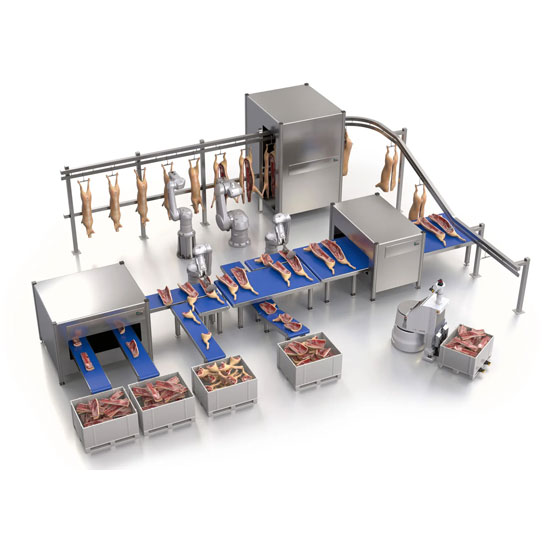
Follow this guide to create effective partnerships with meat processing equipment suppliers:
Know Your Needs
Give suppliers clear specifications - Providing details like production volumes, throughput speed, product types, certifications required, existing equipment, capacity goals, and budget upfront allows wholesalers to suggest the best options without multiple back-and-forth conversations. Be as precise as possible.
Ask about customization - Many suppliers can modify standard equipment to meet specialized needs. Discuss requirements like automation, materials, capacity increases, or unique features. Customization may cost more initially but can save money long-term.
Plan for the future - Share forecasts of future equipment needs and plans to enter new product lines so suppliers can develop solutions to grow with you.
Build Rapport
Meet face-to-face regularly - In-person meetings build trust and help suppliers understand your business. Tours of their facilities also provide insight into capabilities.
Focus on shared goals - View the supplier as a partner who wins when you achieve operational success. Relationships based solely on one-time sales will not last.
Offer feedback - Provide open and honest feedback so suppliers can improve. Constructive feedback is appreciated.
Evaluate Offerings
Inspect product quality - Tour supplier facilities to view equipment manufacturing and components first-hand. This builds trust.
Discuss maintenance and support - Understand what maintenance services, warranties, training, installation, spare parts, and support the supplier provides. These services ensure uptime.
Request references - Speaking to other customers provides objective insights into equipment performance and the provider relationship.
Compare total cost of ownership - Work jointly with suppliers to model total lifetime costs, not just acquisition costs. More robust equipment may pay for itself long-term.
Negotiate Value
Negotiate pricing/payment terms - Do not be afraid to negotiate, especially when purchasing multiple pieces of equipment. Suppliers may offer discounts or favorable financing.
Analyze warranties & service packages - Extended multi-year warranties and maintenance contracts add value and may be negotiable, saving on future service costs.
Review lead times/availability - Faster lead times or in-stock equipment may justify a price premium versus waiting months for delivery.
Grow the Relationship
Make suppliers a partner in growth goals - Successful long-term collaborations see both parties benefiting as operations expand.
Rely on proven suppliers - Once a supplier demonstrates quality and service, continue to use them as a valued partner as your needs evolve.
Consolidate suppliers when possible - Working with fewer suppliers that truly understand your business streamlines operations.
By following these best practices in interacting with meat processing equipment wholesalers, you can establish relationships that meet your supply needs, support your growth, and maximize operational efficiency. Trusted partners are invaluable.
Must-Read Blogs For Chain Restaurants Owner

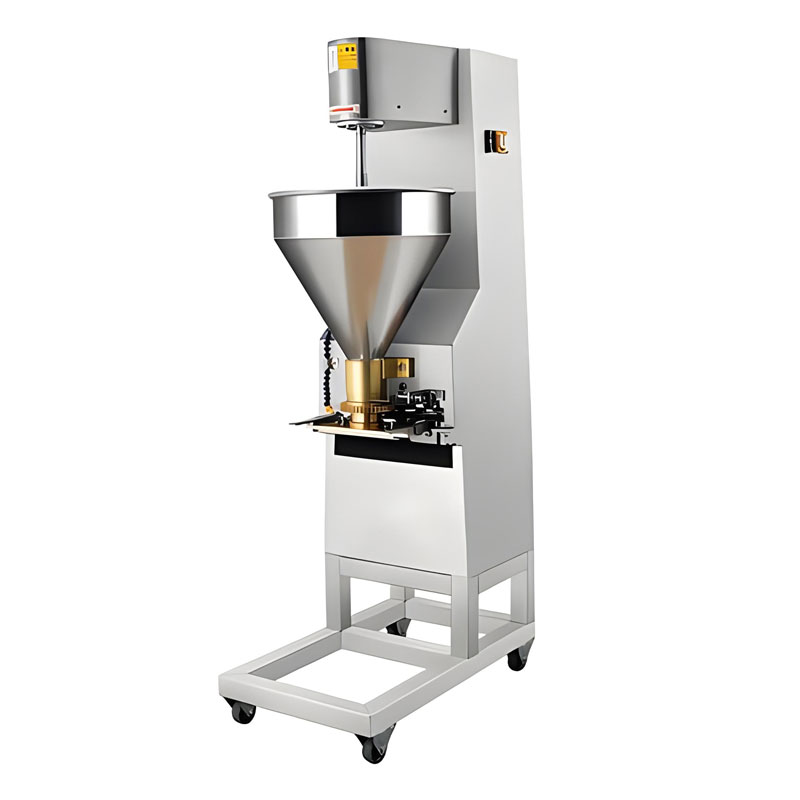
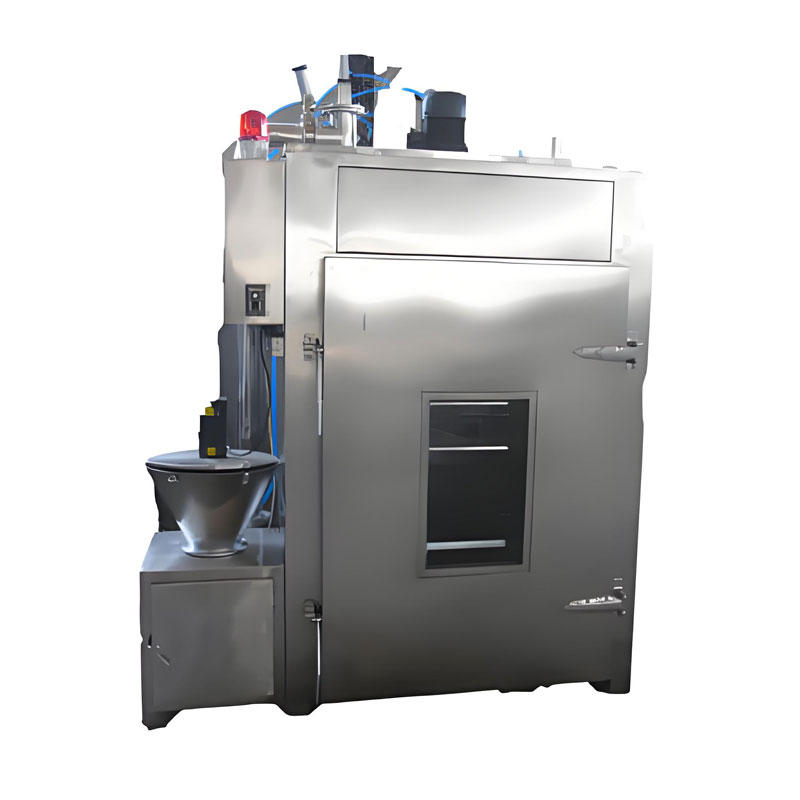
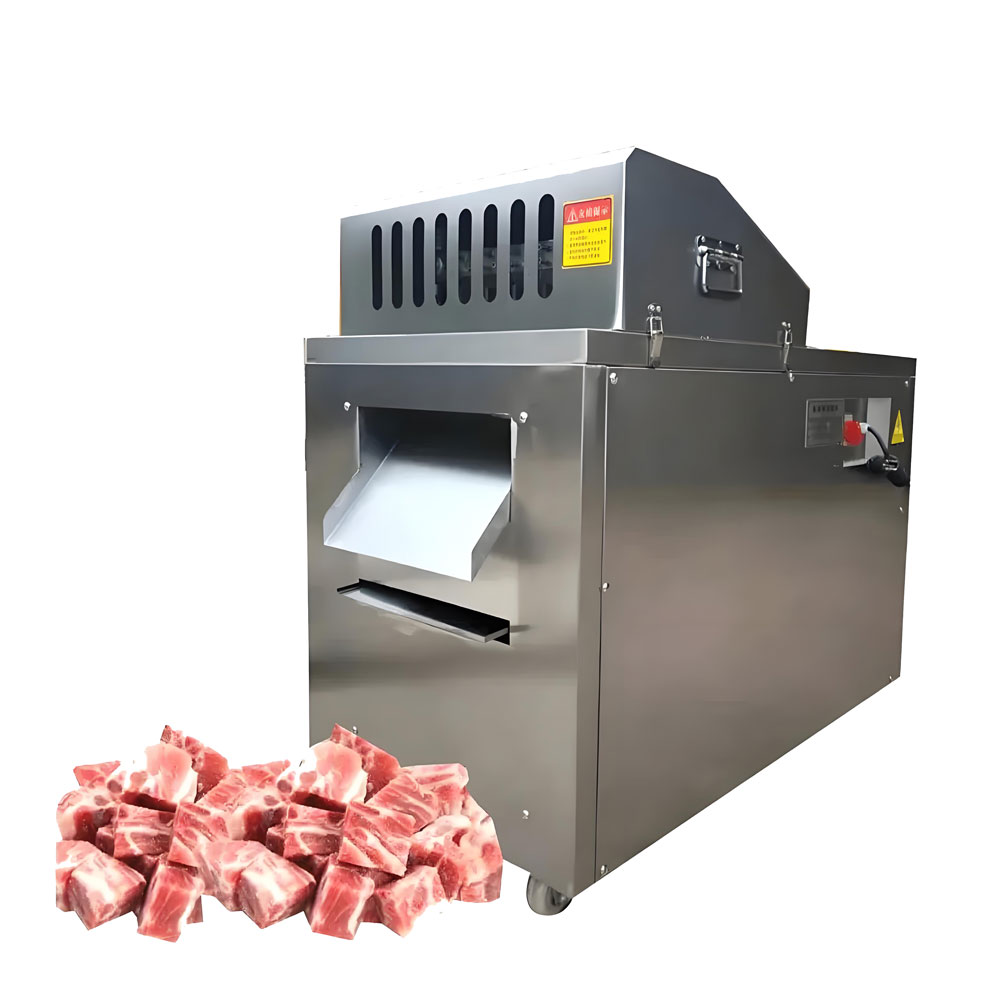
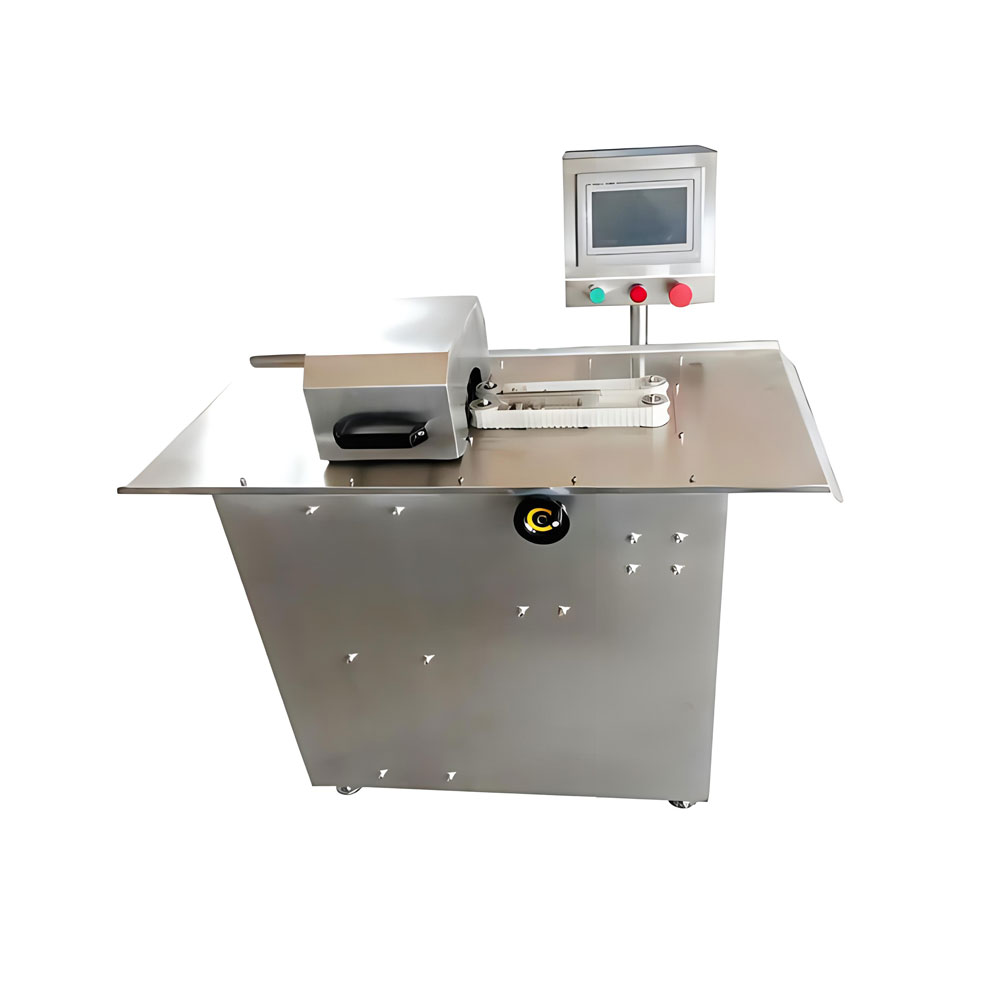
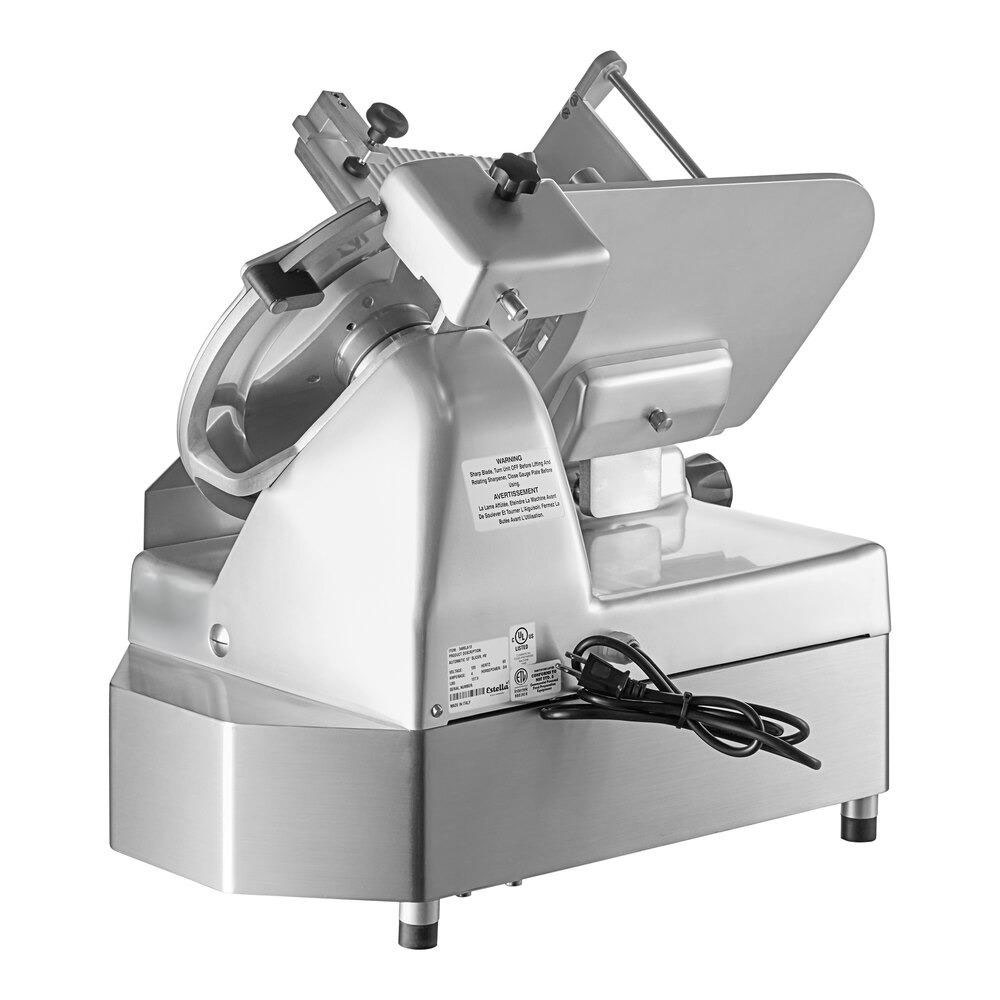
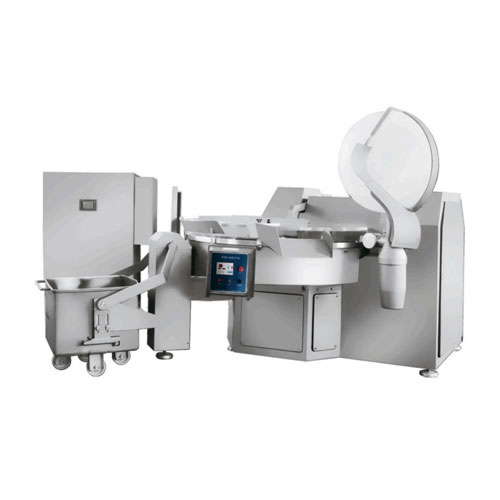
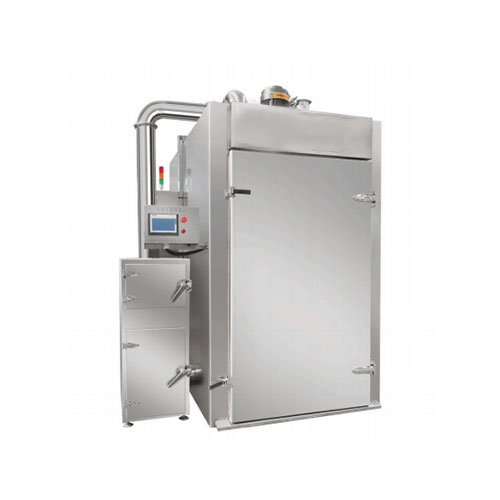
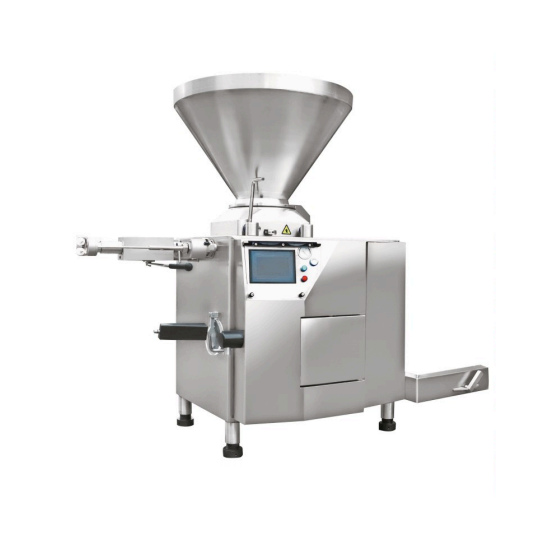
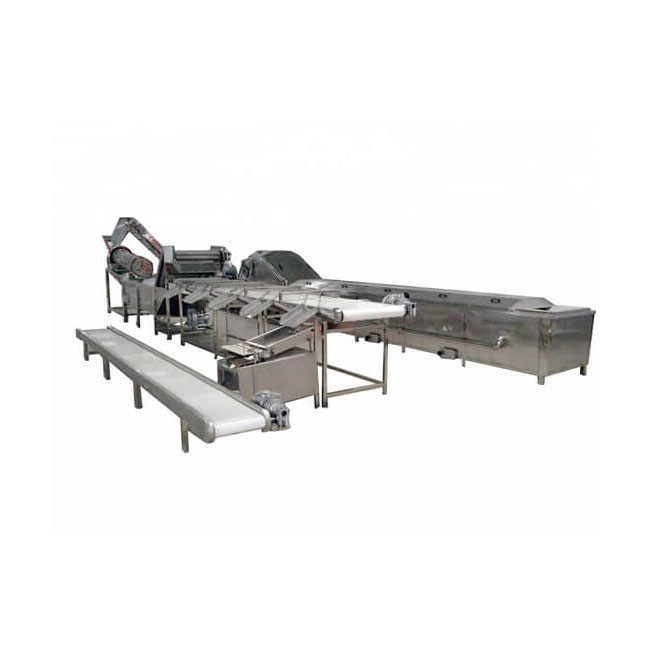
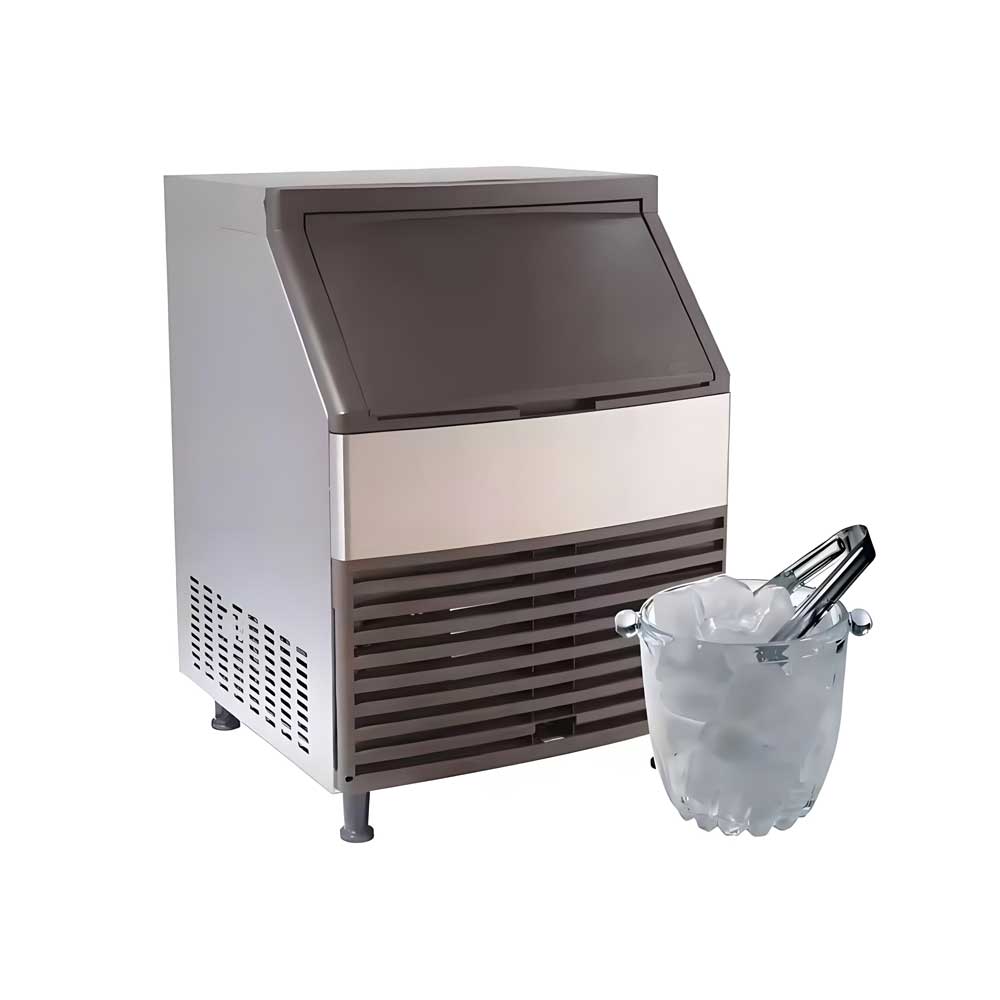
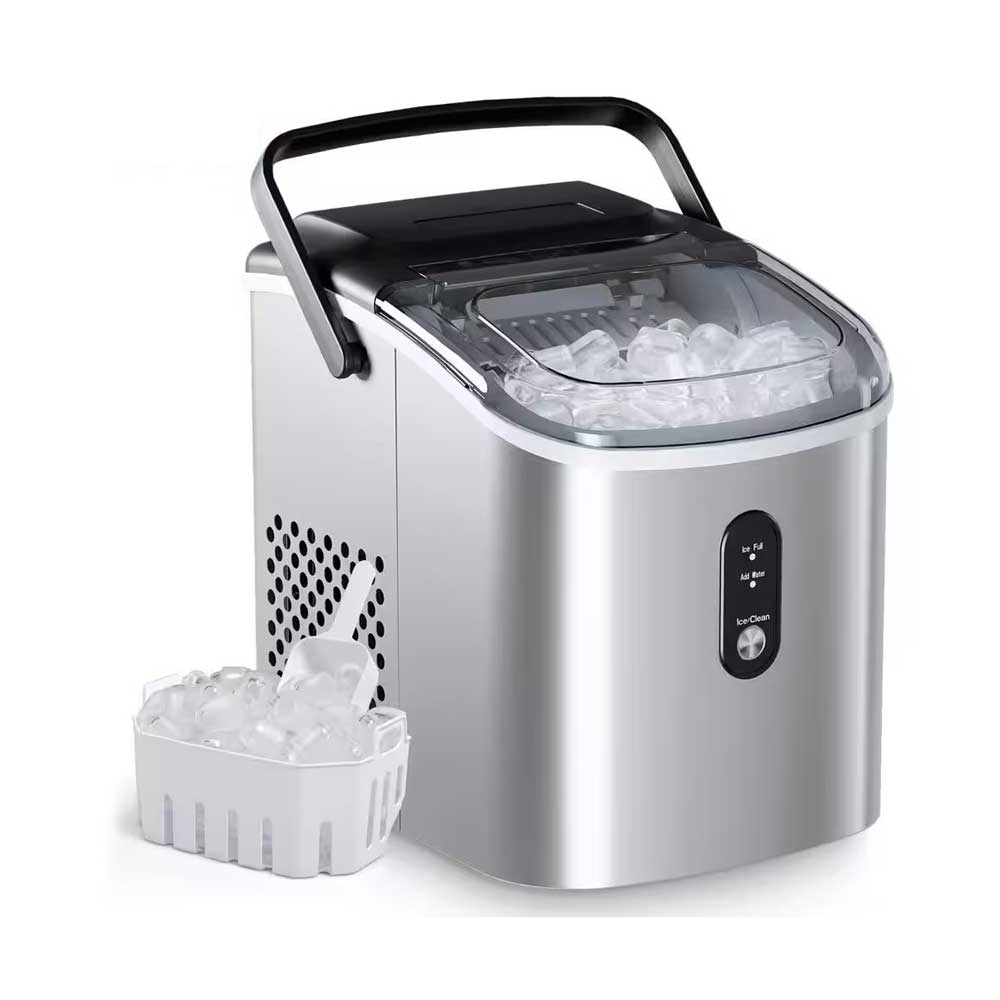 Portable Flake Ice Machine
Portable Flake Ice Machine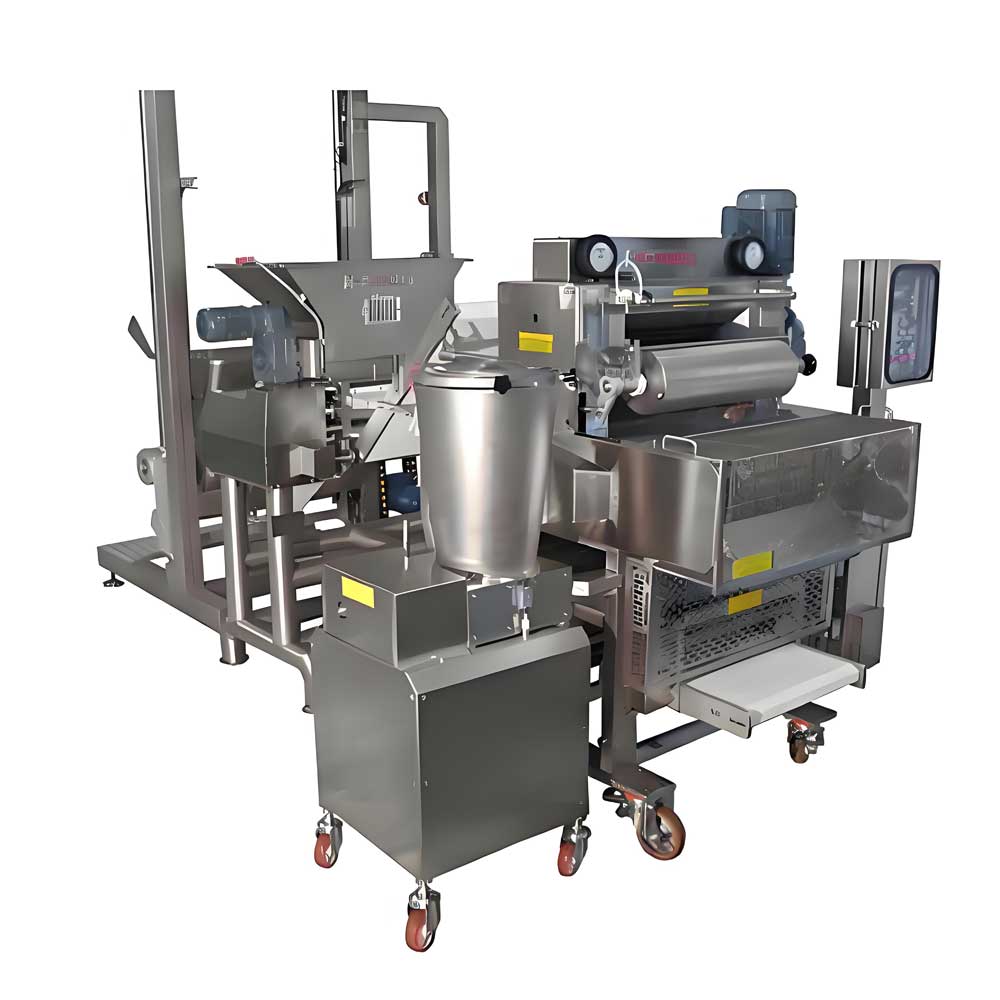 Pelmeni Making Machine
Pelmeni Making Machine
Ready to Get Started?